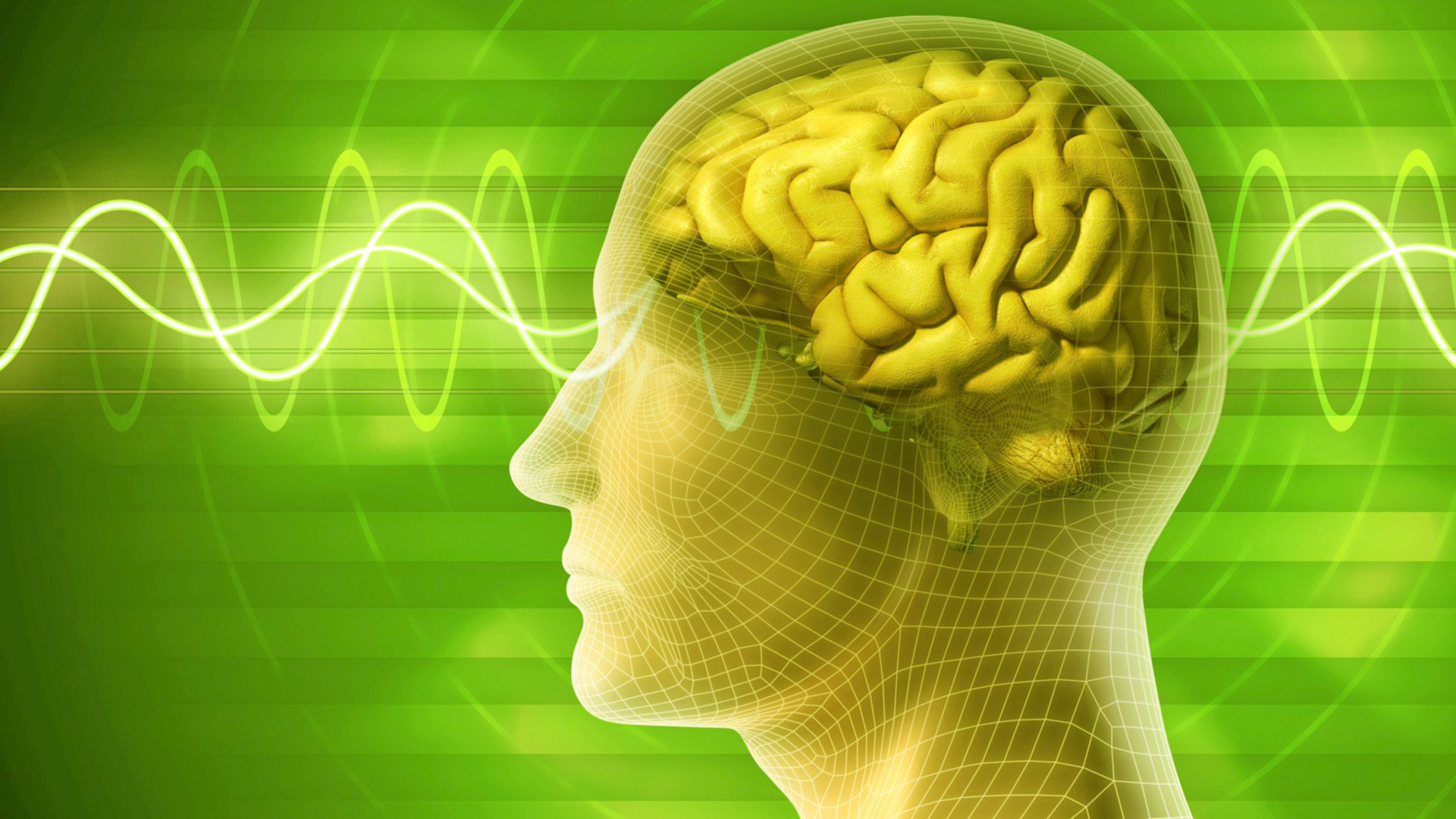Investigating The Way Sleep Ailments Interfere with Brainwave Function and Impact Cognitive Function
Investigating The Way Sleep Ailments Interfere with Brainwave Function and Impact Cognitive Function
Blog Article
Sleep is an crucial part of our everyday lives, enabling our physical selves and minds to repose and recover. However, many people suffer from sleep disorders, which can significantly disrupt slumber patterns. These disorders can result to various issues, including alterations in neural wave activity. Brainwaves are electrical signals in the mind that indicate our cognitive state and function. When sleep is disturbed, the normal patterns of brainwaves can be affected, leading to issues with cognitive function, such as memory, focus, and decision-making.
There are several types of sleep disorders, including sleeplessness, slumber apnea, and restless leg syndrome. Insomnia is defined by trouble going or remaining asleep, while sleep apnea entails pauses in respiration during slumber. Restless leg syndrome causes uncomfortable sensations in the legs, resulting to an irresistible urge to move them. Each of these disorders can disrupt the normal slumber cycle, which comprises of different stages, including shallow sleep, profound sleep, and REM (rapid eye movement) slumber. Each stage holds a vital role in preserving overall brain health and function.
When slumber disorders disturb with these stages, brainwave activity can become irregular. For instance, during deep sleep, the brain generates gentle delta waves, which are essential for physical restoration and recall consolidation. If a individual undergoes frequent awakenings or does not attain profound sleep, the generation of these delta waves is diminished. This can result to difficulties in learning new knowledge and retaining memories. Additionally, REM sleep, which is linked with fantasizing and affective processing, is also affected. Interruptions in REM sleep can result to problems with emotional regulation and inventiveness.
The impact of slumber disorders on mental function is substantial. Research has demonstrated that people with slumber disorders often experience difficulties with attention and concentration. This can influence their performance at school or work, making it difficult to complete tasks or engage in discussions. Furthermore, chronic sleep deprivation can result to emotional changes, increased stress, and even nervousness or melancholy. These mental and emotional challenges can create a vicious cycle, where poor sleep results to cognitive difficulties, which in turn can result to more sleep see this page problems.
Addressing slumber disorders is essential for improving brainwave activity and cognitive function. Therapeutic options may include habitual changes, such as creating a regular slumber schedule, creating a cozy slumber environment, and practicing relaxation techniques. In some cases, clinical intervention may be necessary, such as employing a CPAP machine for slumber apnea or medication for sleeplessness. By valuing sleep and seeking appropriate care, people can enhance their overall cognitive abilities and boost their quality of life. Comprehending the relationship between sleep disorders, neural wave activity, and mental function is an important step toward improved health and wellness.